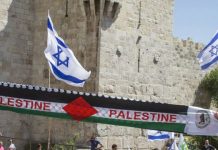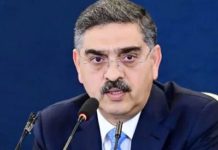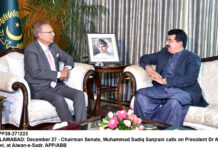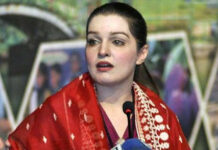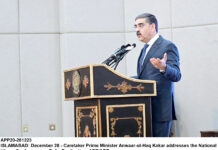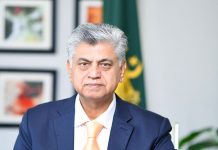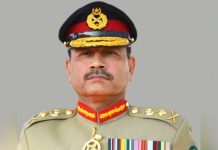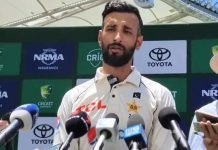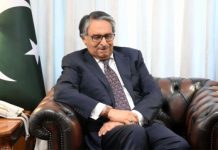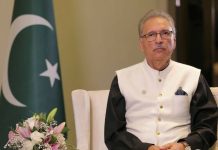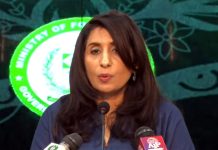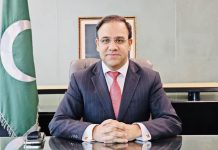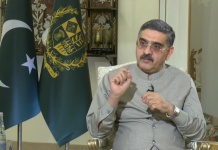Punjab Minister for Livestock Hasnain Bahadur Dreshak hoped that hate will end soon from the Pakistani society, while education, awareness and enlightenment will prevail.
Addressing a seminar on religious harmony and role of civil society at the Punjabi Complex, he appreciated religious leaders for supporting peace initiatives, religious and social harmony. “We should share love and give respect to everyone,” he said.
The event was arranged by the Centre for Peace and Secular Studies (CPSS). Earlier, distinguished panelists suggested promotion of open dialogue, respect and acceptance in society through implementation of government laws like the National Action Plan.
HRCP chief says use of religion for political reasons will always result in violence and bloodshed
Council of Islamic Ideology (CII) member Mufti Raghib Hussain Naeemi told the audience that the constitutional definition of a Muslim will have to be promoted if “we want to promote religions harmony”, as a 10-member team of Islamic scholars was part of a committee that prepared the national constitution.
“We must make a similar resolution like the historic Meesaq-e-Madina to promote religious harmony,” he said. “We need to remember that some manipulators tried to misuse our religion in the past and spread hatred against each other,” he pointed out.
To a question, Mufti Naeemi said that no Muslim could be disrespectful to people belonging to other religions and faiths. “We have to admit that some clerics are responsible for some unwanted incidents,” he said, and suggested that all religious schools must arrange educated clerics to avoid unnecessary complications.
Speakers suggest promotion of open dialogue, acceptance to end hatred
Addressing the audience, Human Rights Watch (HRW) Country Director Saroop Ijaz said that there was a need to implement laws to protect minorities. “We all know that we have laws to ensure protection of all religions and faiths. What is important is to implement them.” He said the impact that the curriculum and other intolerant and extremist mindsets had made still needed to be looked into.
Human Rights Commission of Pakistan (HRCP) Chairperson Dr Mehdi Hassan called religion a very personal matter for every person and said he was not against those who do politics in the name of religion as democracy gives them right to do anything they want. But the decision should stay with the people, he said.
“If you see the history, whenever religion has been used for political reasons, it has resulted in violence and bloodshed,” he informed the audience. At least one million people died in religious violence after the independence in 1947, he said. “Let religion be a personal matter. No one has right to intervene in anyone’s personal matter,” he said.
Columnist and journalist Mujeebur Rehman Shami said that Pakistan had been created as a Muslim majority state. “So you cannot close your eyes to this fact. Yes, we can give care to minorities who live in Pakistan,” he said. “We need to have a new charter that there should be no compromise on the respect of any religion and faith.” He suggested sizeable representation of minorities in all departments and institutions.
Suggesting freedom of expression, Pakistan Institute of Peace Studies (PIPS) Director Amir Rana said that counter-extremism operations need to be a-political. Human Rights and Minority Affairs Secretary Tariq Mahmood said being pillars of the state, civil servants could have been the reason for a better society. “We need to take ownership of our role and responsibility at institutional level,” he said.
“I believe that if shrines will lead our civil society, there will be tolerance and peace in our society,” said Tahir Raza Bukhari, director general of the Religious Affairs and Auqaf Department. The event was attended by a large number of people including students from different universities and seminaries besides civil society members.

